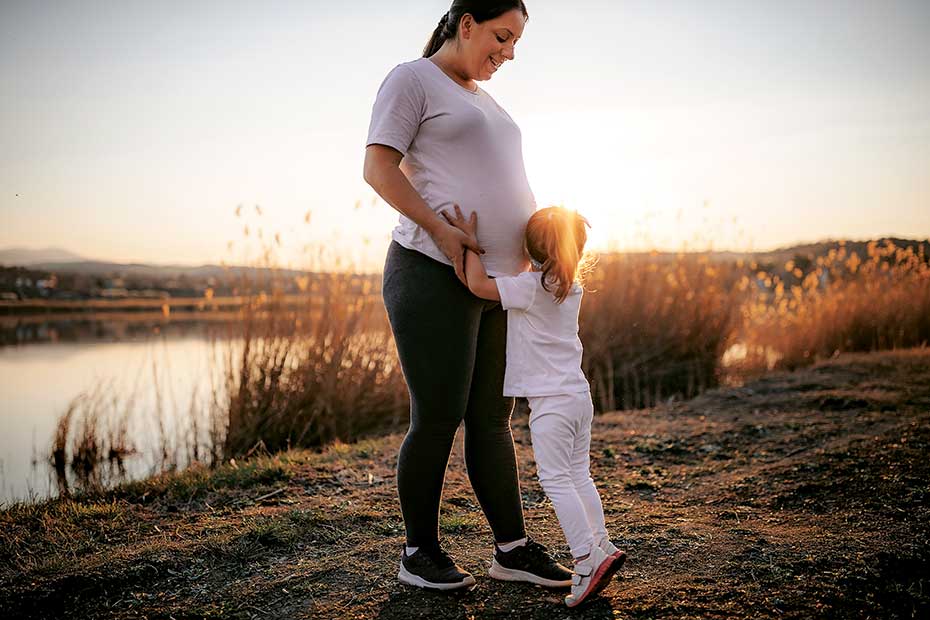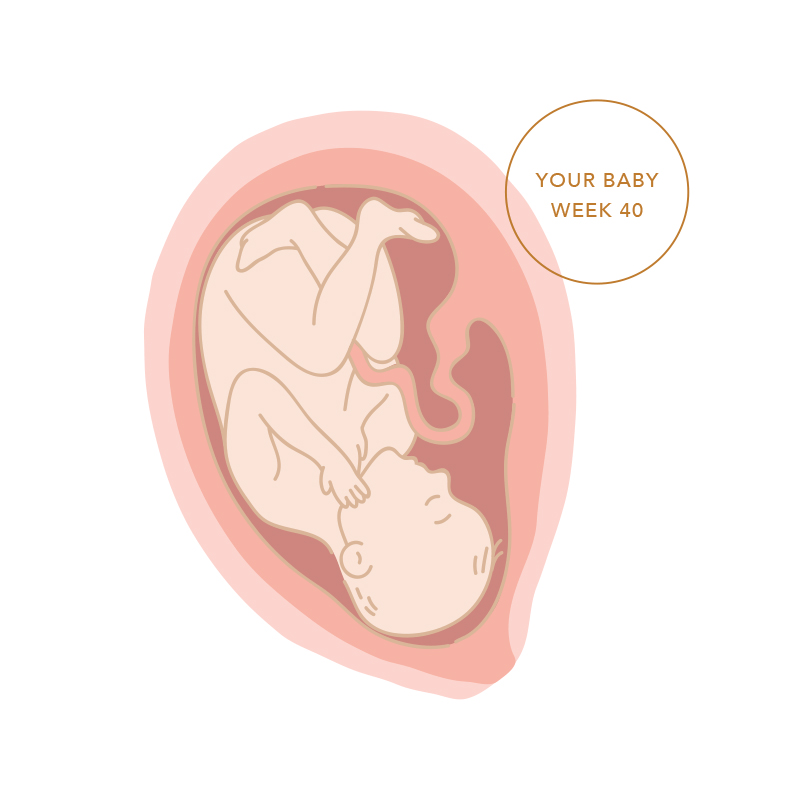Labour Signs

How to know if you are in labour or might be soon.
Pre-labour
- You might have a ‘show’ as early as a week before labour. This is the mucus plug from your cervix being dislodged in preparation for birth. It may look thick, stringy, and be tinged with blood.
- Hello, nesting instinct! Do you have a strong desire to clean, tidy, organise, or get things ‘sorted’? This can be a sign for some pregnant people that their baby will be here soon.
- An intuitive feeling of needing to be close to home.
- Experiencing a loose bowel motion, almost like clearing out, can be nature’s way of getting your body ready for childbirth.
- Heightened emotions.
- More Braxton Hicks (painless tightenings) than usual.
- Vaginal discharge may increase and become clearer and more watery.
Going into Labour
- The ‘show’ if you haven’t had it already – or you might have more.
- Waters breaking – it should be clear, light pink, or a pale straw colour, and may come as a trickle or a gush. If it has green or brown tinges, you should call your LMC straight away.
- Mild to moderate period-like cramps.
- Lower backache.
- Light contractions that have a distinct beginning and end, and feel like a tightening pain wrapping around your bump.
Prodromal Labour
A few birthing people will experience what feels like stop-start contractions, officially called prodromal labour. Some people refer to it as false labour because it seems to be a false alarm. It’s different to Braxton Hicks in that there is some mild pain with these types of contractions. Contractions start out quite short and irregular, then they fizzle out as quickly as they came on. It can be disheartening to experience prodromal labour. You will know you are truly in labour when the contractions build in intensity and frequency. It will happen soon!
If you notice any of the following you should call your LMC immediately:
-
Bright red, vaginal bleeding
-
Meconium in your waters – if your waters have broken and it has green or brown tinges
-
The pattern of your baby’s movements have changed (increased, decreased or stopped)



